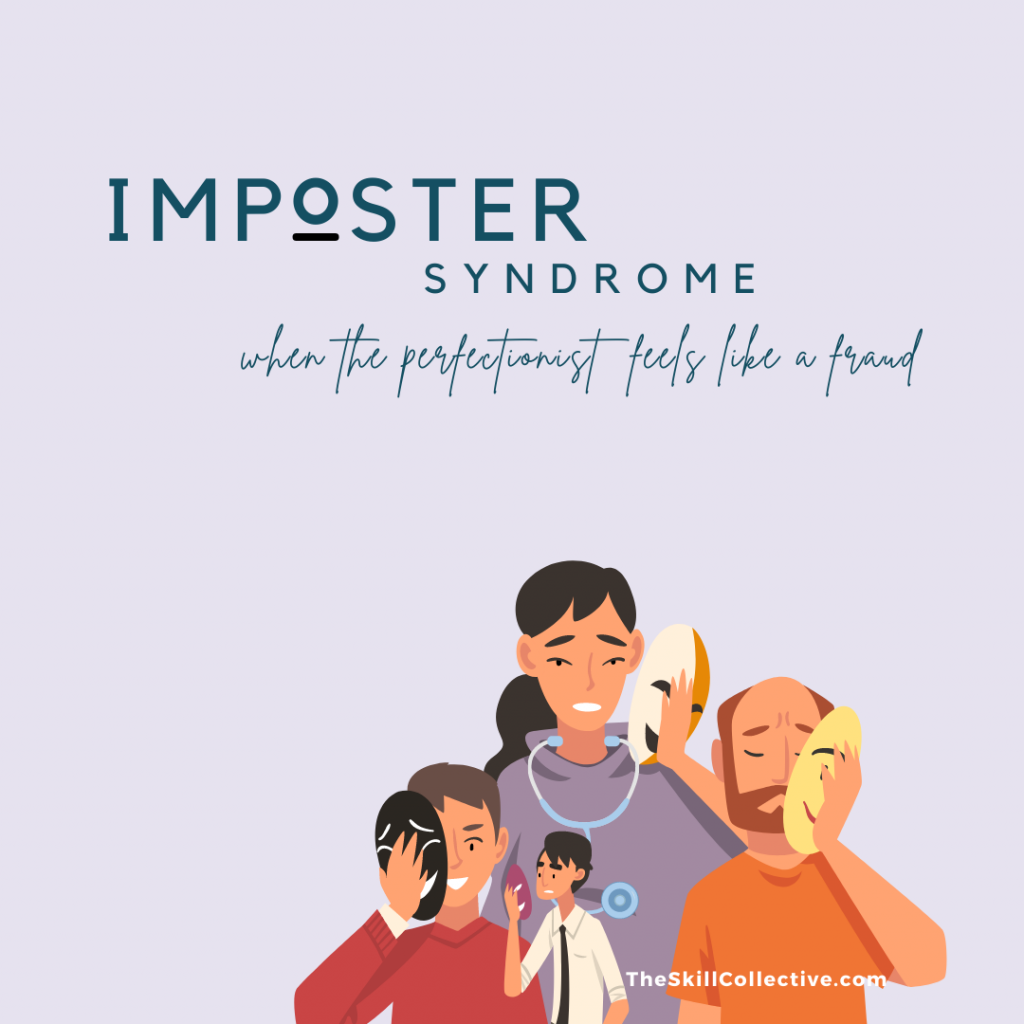Imposter is described as the constant inability to acknowledge that one’s achieved success is a result of either one’s own efforts or skills or to disregard these achievements as deserved. A common thought associated with this syndrome is that success requires perfection. True perfection is practically impossible, so failing to achieve it does not make someone a fraud. If you feel like a fraud, working harder may not necessarily help in overcoming imposter syndrome. The following strategies can however help you resolve imposter feelings productively.
To understand and learn more about imposter syndrome and the different types, read here.
Avoid comparison
It may seem as though everyone around you has their life’s in order and everything is swell. However, we only see the outside and have no idea what’s happening behind closed doors. Everyone is created with their own unique abilities. You may not excel in every task that others do, but you don’t have to, either. Remember almost no one can “do it all.” Even when it seems like someone has everything under control. Do not allow others’ success to point out your flaws.

Build meaningful connections
Avoid self reliance and the “I can do it by myself” mentality. Instead, turn to classmates, peers, and colleagues to create a network of mutual support.
They can, offer guidance and support, encourage your efforts to grow and can also help you feel less alone. People who suffer from this syndrome also tend to build superficial relationships, mainly due to their imposter feelings. Well, remember no relationship is perfect and someone who really sees you does not care about how perfect you are.
Psyche yourself up
Research has found that what you say to yourself actually changes your self image in turn boosting confidence during a low moment. According to The New York Times these four exercises can help change the way you think about yourself:
- Affirmations
- Acknowledging and own your accomplishments
- Visualize success not failure

Finally, always remember to offer yourself some kindness and compassion instead of judgment and self-doubt. These can help maintain a realistic perspective and motivate you to pursue healthy self-growth. If however you continue to struggle with imposter feelings, seek out a therapist that can offer support with overcoming feelings of unworthiness or perceived fraudulence and addressing anxiety, depression.




Beautiful and to the point article Ngumz. 💕 Imposter Syndrome is a real phenomenon most of us aren’t always aware we’re facing